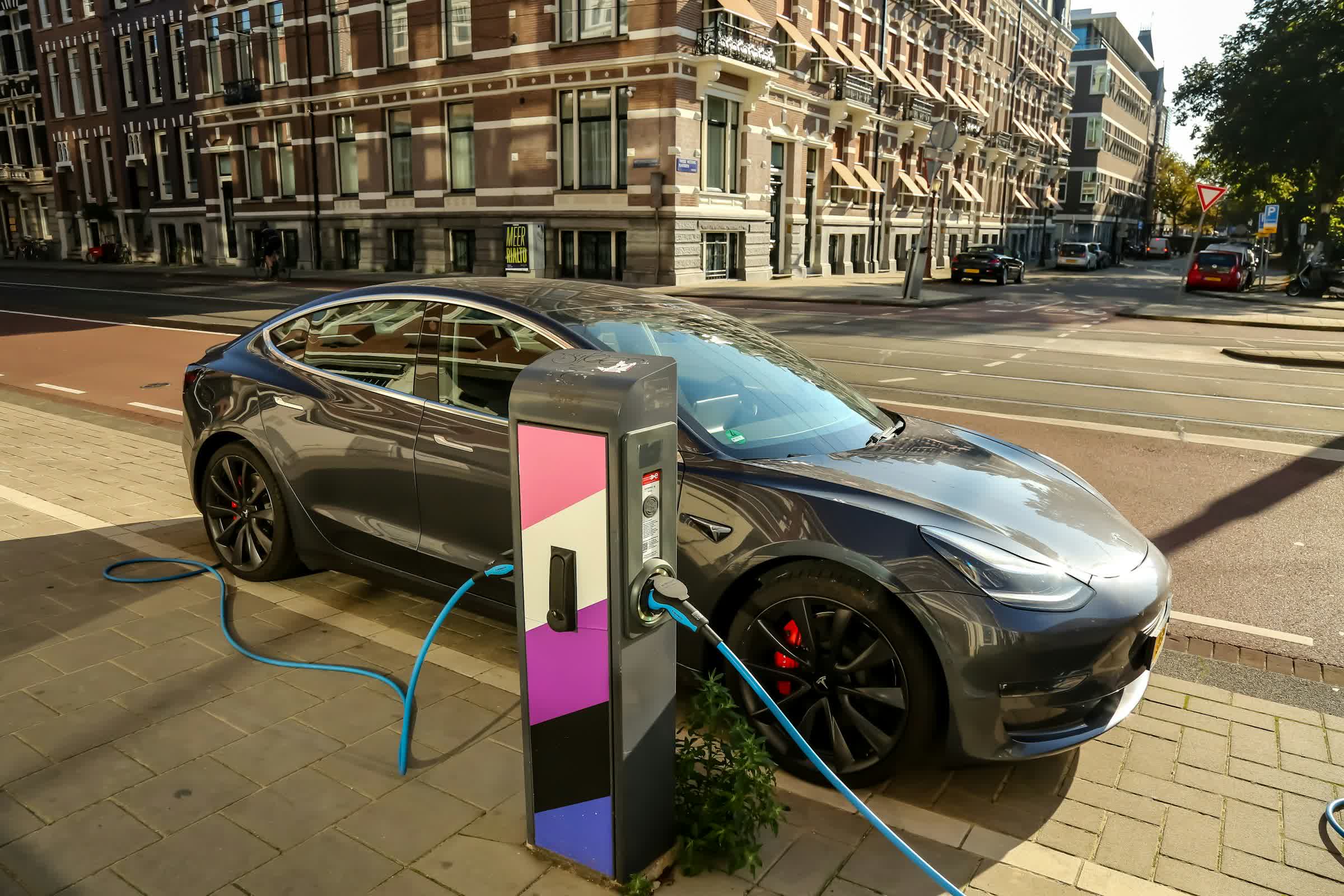News
Tesla sales in Europe plunge 50% amid backlash over Musk and competition from hybrids, Chinese brands

Tesla’s European Sales Plunge: Decoding the 50% Slump
What’s Happening?
Tesla’s European sales have dramatically dropped by nearly 50% in April, according to the latest data from the European Automobile Manufacturers’ Association (ACEA). This steep decline comes amidst a consumer backlash against Elon Musk’s political actions and intensified competition from hybrid vehicles and Chinese brands.
Where Is It Happening?
The significant drop in sales is affecting the European market, impacting Tesla’s overall performance on the continent.
When Did It Take Place?
The data represents sales figures for the month of April, reflecting a recent and rapid shift in Tesla’s market position.
How Is It Unfolding?
– **Consumer Boycott:** Many European buyers are boycotting Tesla due to Elon Musk’s controversial political statements and actions.
– **Increased Competition:** Rival brands, particularly Chinese manufacturers and hybrid vehicle producers, are gaining market share.
– **Market Saturation:** Tesla’s dominance in the electric vehicle (EV) market may be reaching a plateau as more competitors emerge.
– **Economic Factors:** Rising inflation and economic uncertainties may also be influencing consumer purchasing decisions.
Quick Breakdown
– Tesla sold 7,261 cars in Europe in April, a 49% decrease year-over-year.
– Overall battery-electric car sales in Europe rose, indicating Tesla’s decline is not indicative of the broader market.
– Competition from Chinese brands such as BYD, NIO, and Xpeng is intensifying.
– Hybrid vehicles are also gaining popularity among European consumers.
Key Takeaways
Tesla’s significant drop in European sales highlights the volatility of the EV market and the influence of CEO actions on consumer behavior. The surge in competition from Chinese brands and hybrids, combined with a consumer backlash, has created a perfect storm for Tesla in Europe. This situation underscores the importance of brand perception and the need for Tesla to navigate the European market with heightened strategic acumen.
“Brands today must balance commercial success with social responsibility. Consumers are more politically aware and willing to use their purchasing power to make statements.”
– Marina Vonstein, Auto Industry Analyst
Final Thought
Tesla’s recent struggles in Europe serve as a critical reminder of the dynamic nature of the automotive industry. Amidst rising competition and shifting consumer priorities, companies must adapt quickly to maintain their market positions. As the EV sector continues to evolve, strategic maneuvers and a keen understanding of consumer sentiment will be essential for Tesla’s recovery and sustained growth. The road ahead for Tesla in Europe is challenging, but with the right approach, the company can regain its footing and continue to lead the electric vehicle revolution.



















